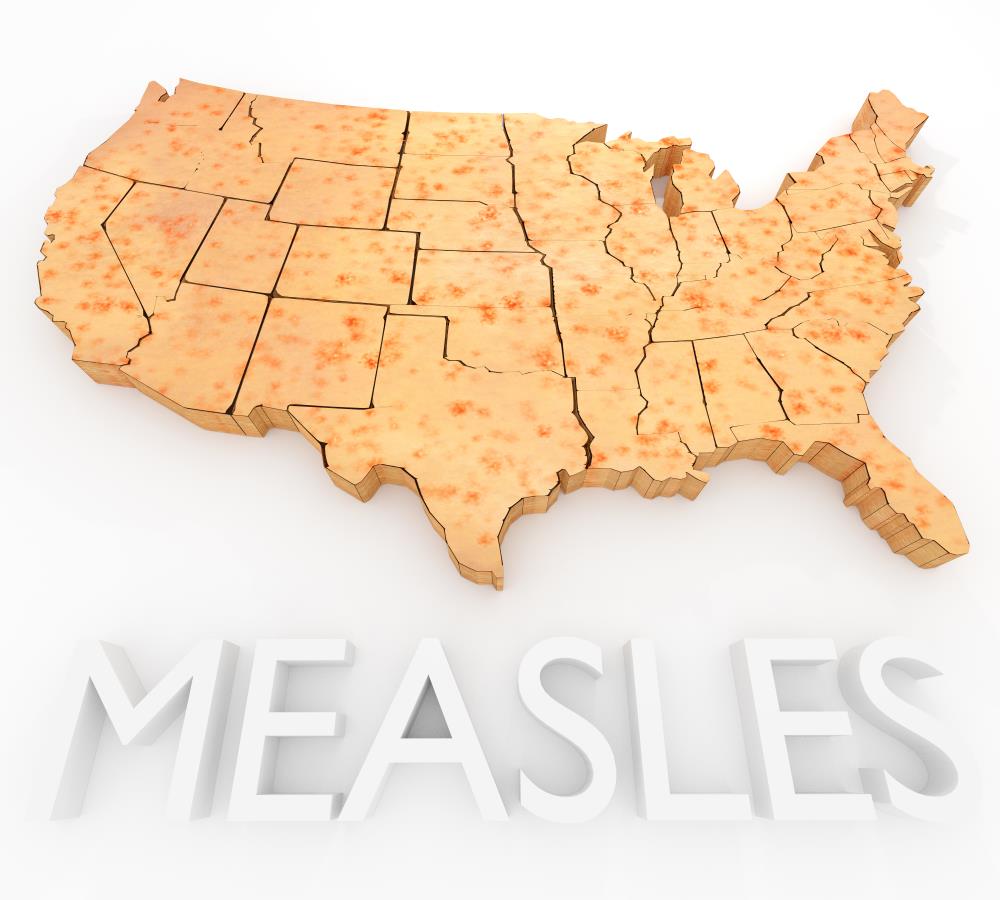With the largest measles outbreak since the disease was deemed eliminated in 2000, vaccinated adults are questioning if they’re protected against the disease.
By: Mike Morrison
Federal guidelines since 1989 required 2 doses of the MMR vaccine (Measles, Mumps, Rubella) but anyone born before then may only have 1 dose or even an inactivated version of the virus. Adults born before 1957 are not required to have the vaccine as they are considered immune via being exposed directly to the virus.
The CDC (Center for Disease Control) states the 1 vaccine of the MMR is sufficient for an adult unless they are:
Students in post high school education
Healthcare personnel
Travelers
People who public health authorities determine are at increased risk for getting measles during an outbreak.
Of the 695 confirmed measles cases currently in the US, about 70 of them have occurred in people who have been vaccinated against the disease according to the CDC. The measles vaccine is considered 93% effective with 1 dose and 97% with 2 doses. Despite the 3% risk, a person that is properly vaccinated against measles will likely have a milder illness according to the CDC.
According to the CDC measles could become endemic (constant presence of a disease in an area) in the United States again, especially if vaccine coverage levels drop. This can happen when people:
Don’t get vaccinated on time
Think they’re immune when they’re not, and can’t find documentation of their vaccine status (this is most common among adults)
Delay or refuse vaccines for religious, philosophical or personal reasons.
Research shows that there is clustering of people who delay or refuse vaccines in certain communities. When measles gets into communities with pockets of unvaccinated people, outbreaks are more likely to occur. These communities make it difficult to control the spread of the disease. And these communities make us vulnerable to having the virus re-establish itself in our country.
High sustained measles vaccine coverage and rapid public health response are critical for preventing and controlling measles cases and outbreaks. According to the WHO (World Health Organization) the only way to effectively combat the deadly virus is with 95% of a population vaccinated against it to create “herd immunity.”
All member states in the six World Health Organization regions have adopted goals to eliminate measles by the year 2020. Once every country eliminates a disease, health officials consider the disease “eradicated” from the world.





